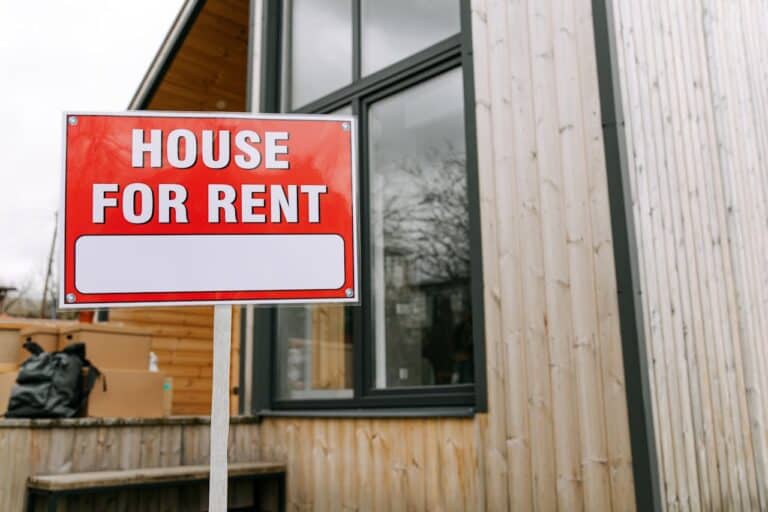15 things that are no longer permitted in your backyard
Backyards have long been a sanctuary for relaxation, family gatherings, and personal projects.
However, in recent years, many communities have enacted new rules and regulations that may surprise you. According to a 2021 report from the National Fire Protection Association (NFPA), outdoor fireplaces and fire pits are responsible for approximately 3,700 grass and brush fires each year.
If you haven’t checked in with your local zoning laws or homeowner’s association (HOA) guidelines lately, you might find that some things you once took for granted in your backyard are now either prohibited or heavily restricted. From fire pits to livestock, the list of backyard activities subject to legal restrictions is growing.
So, if you’re planning to make some changes or enjoy your backyard the way you always have, it’s essential to know what you can and can’t do.
Burning Wood, Yard Waste, or Trash
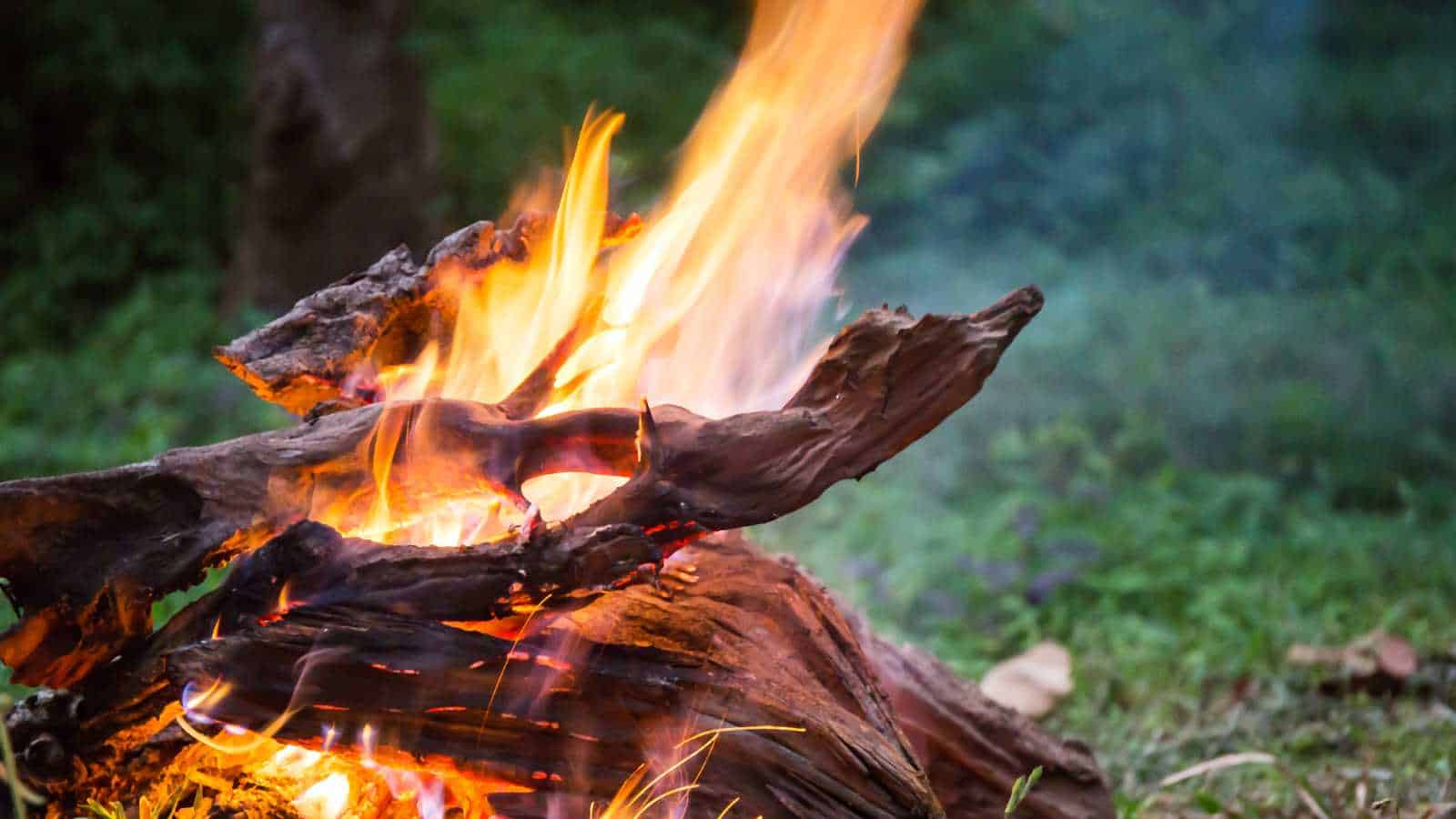
Once a staple of many backyards, burning wood, trash, and even yard waste has become a controversial practice in many areas. Local ordinances have increasingly banned or heavily restricted open burning due to concerns over air pollution, fire hazards, and health risks. According to the U.S. Environmental Protection Agency (EPA), burning wood and other debris releases harmful particulate matter and chemicals into the air, which can affect the environment and human health.
Many municipalities have implemented burn bans during dry seasons to prevent wildfires. In some urban areas, burning is completely prohibited, and violators can face fines. Always check with your local government or HOA before planning a backyard bonfire or burning leaves.
Raising Farm Animals or Livestock
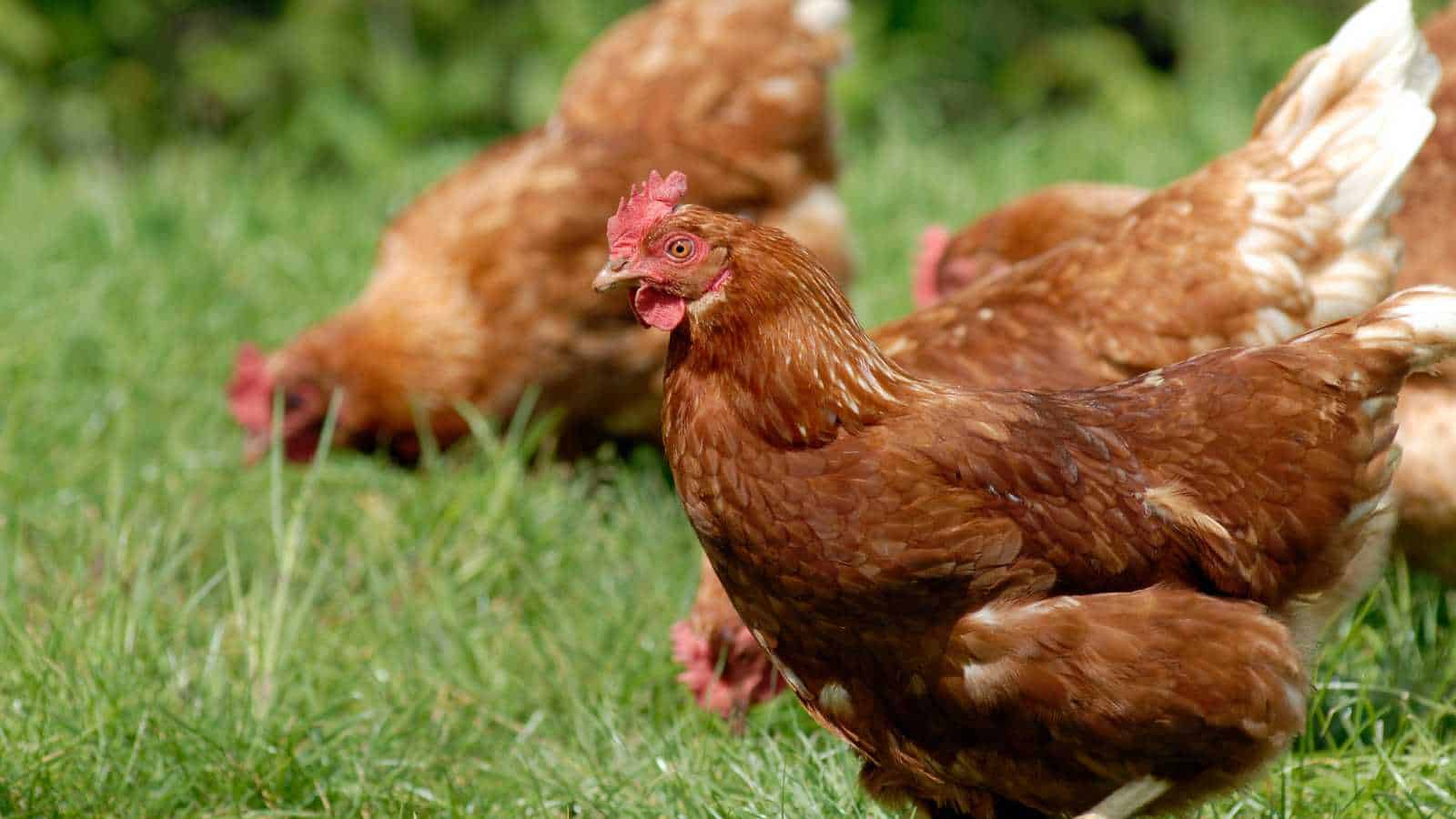
Keeping chickens, goats, or even bees in your backyard was once an accepted practice, especially in suburban or rural areas. However, as cities and neighborhoods have grown, many local governments have begun restricting livestock keeping to address noise, odors, and animal waste. For instance, in some towns, keeping chickens is only allowed with a special permit and under very specific conditions.
Similarly, keeping a rooster is prohibited in most urban areas due to its loud crowing, which can disrupt neighbors. If you’re considering raising farm animals, make sure to research the local zoning laws to avoid potential fines or the need to remove your animals.
Building Sheds or Outbuildings Without a Permit

Do you want to add a shed or a new structure to your backyard? While it might seem like an easy DIY project, many cities and HOAs require a permit for any construction, even for something as simple as a garden shed. Failing to obtain the proper permits can lead to fines and the requirement to tear down the structure.
According to the American Planning Association, zoning regulations often stipulate how tall a structure can be, where it can be placed, and what materials should be used. For example, in many areas, sheds cannot be placed too close to property lines, and there may be restrictions on the materials used to maintain the neighborhood’s aesthetic.
If you plan to build anything in your backyard, from a simple shed to a more elaborate garden structure, check with your local authorities or HOA to ensure your plans comply with all applicable regulations.
Installing Pools or Hot Tubs Without Compliance
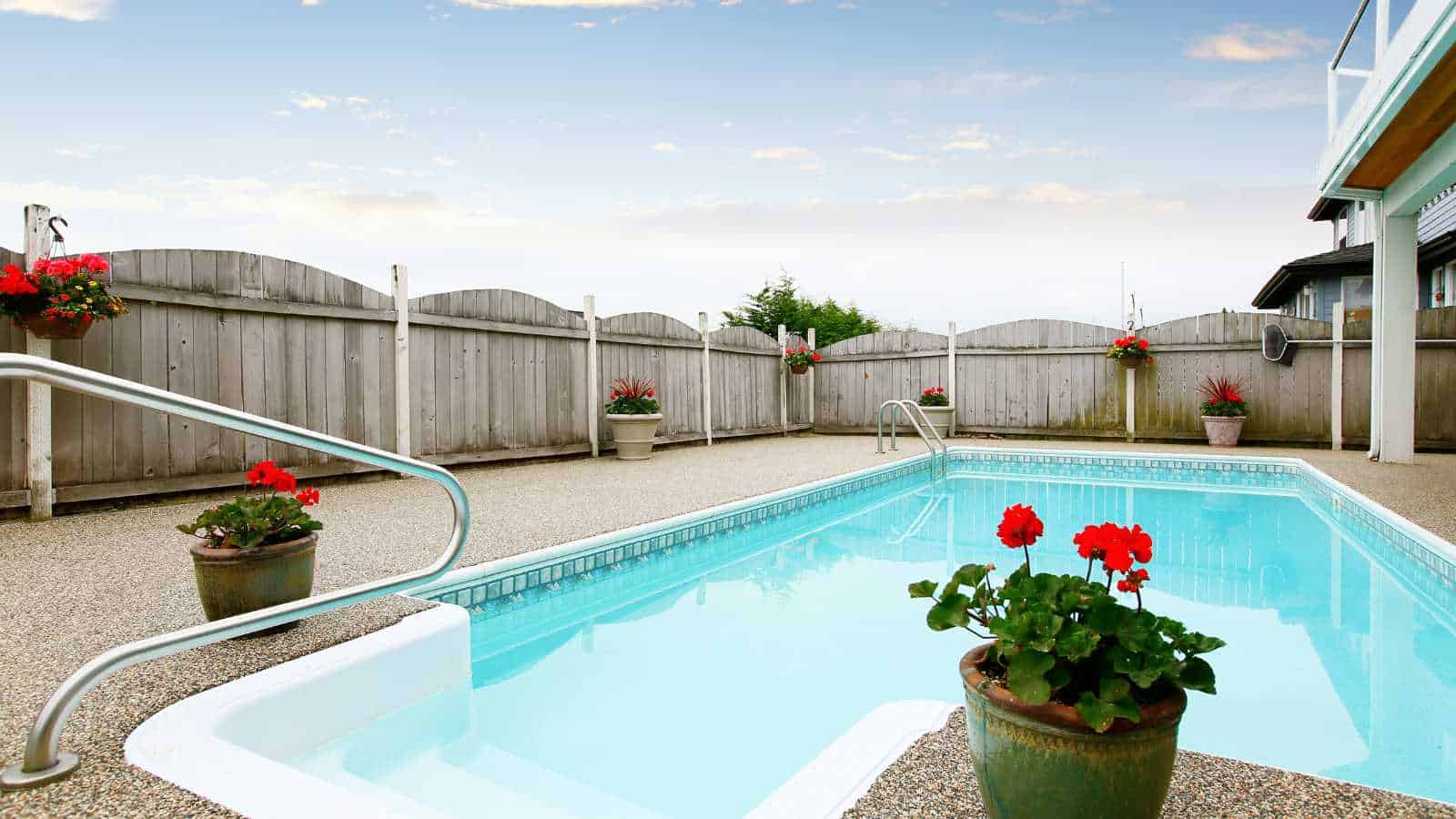
Backyard pools and hot tubs are luxuries many homeowners cherish. But before you start digging, be aware that many municipalities require specific permits for these installations. Pools and hot tubs must meet safety regulations that include barriers, gates, and, in some cases, alarms to prevent accidents.
For example, a 2024 study by the Centers for Disease Control and Prevention (CDC) found that drowning is a leading cause of injury-related death in children, with many fatalities occurring in private pools. As a result, many states and local governments now have strict safety codes for pool installations. In some regions, pools without fences or with unsafe barriers may be deemed non-compliant and subject to fines or removal.
To avoid costly mistakes, always consult local building codes and ensure your pool installation complies with them.
Owning a Trampoline Without Safety Precautions

Trampolines are another popular backyard feature, but safety concerns have led many areas to enact restrictions. The American Academy of Pediatrics states that backyard trampolines are a common source of injury, especially for young children, CNN reports. As a result, many insurance companies now refuse to cover homes with trampolines unless specific safety measures are in place, such as safety nets, padding, and secure anchoring.
In some places, trampolines are simply banned due to the high injury risk. If you live in an HOA community, there may also be restrictions on installing a trampoline. Always check with your insurer and local authorities to ensure compliance with safety regulations before setting up your trampoline.
Having Bright Outdoor Lighting or Floodlights

Outdoor lighting is meant to enhance your backyard’s ambiance, but in some neighborhoods, excessive or improperly directed lighting can violate local codes. Many municipalities have enacted “dark-sky” laws to reduce light pollution, which can negatively affect both wildlife and residents.
According to the International Dark-Sky Association, outdoor lighting that shines into neighbors’ windows or onto streets is a common issue. This has led to regulations that require homeowners to install downward-facing lights or use motion-activated systems to reduce constant illumination. If you’ve been using bright floodlights or decorative lighting, it might be time to reassess your setup to ensure it complies with local ordinances.
Building Treehouses or Play Structures Without Approval
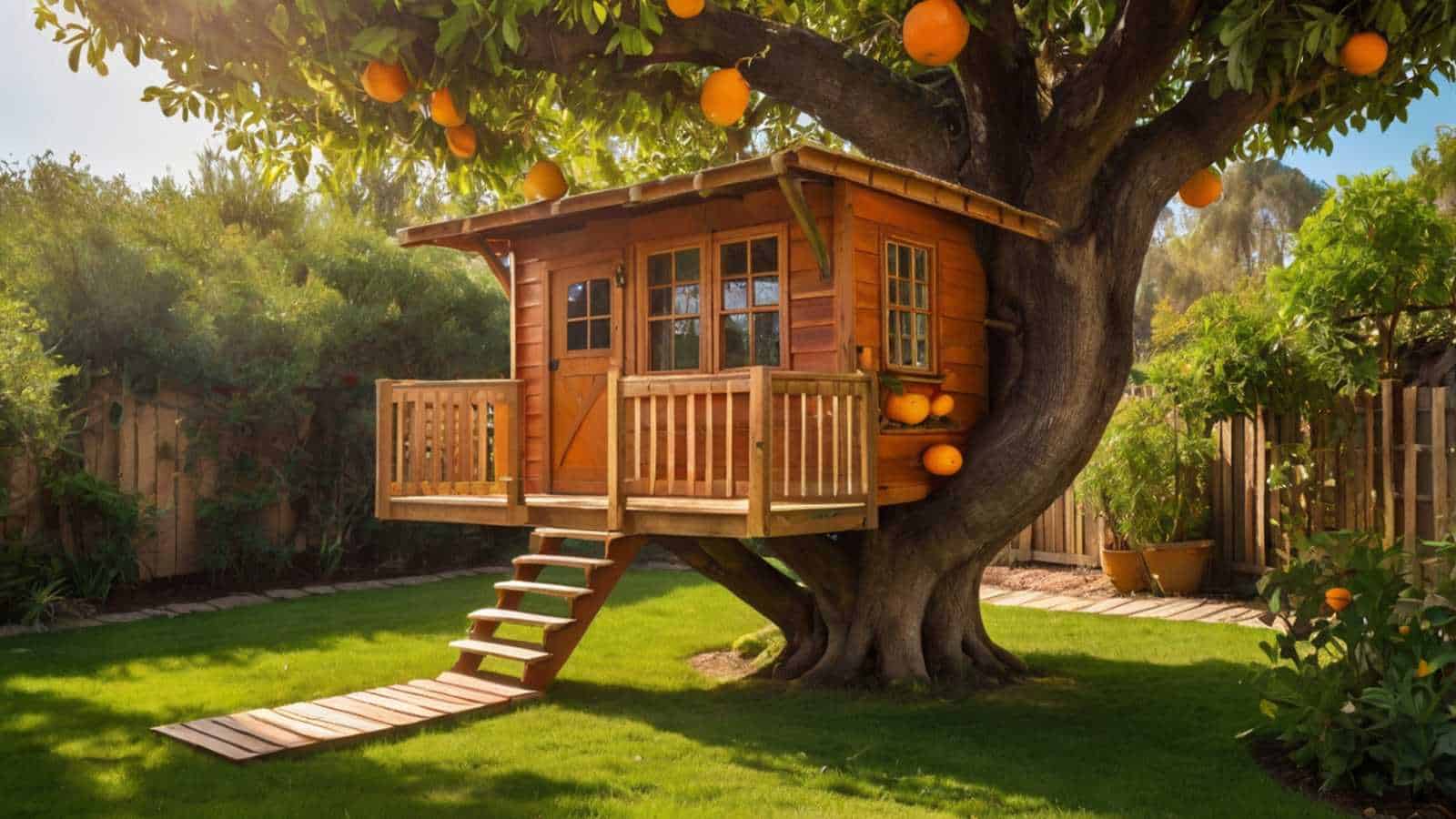
While kids’ play areas are common in backyards, many cities and HOAs now require permits for large structures like treehouses or playsets. The reason? These structures must meet safety codes and should not pose a risk to the property or neighbors. Treehouses, in particular, may need to be evaluated for safety based on the tree’s health and the structure’s height.
Additionally, large playsets may need to comply with zoning laws related to building height and placement. To avoid legal trouble, check local guidelines and seek approval if you plan to build anything large in your backyard.
Storing Unregistered Vehicles, RVs, or Boats
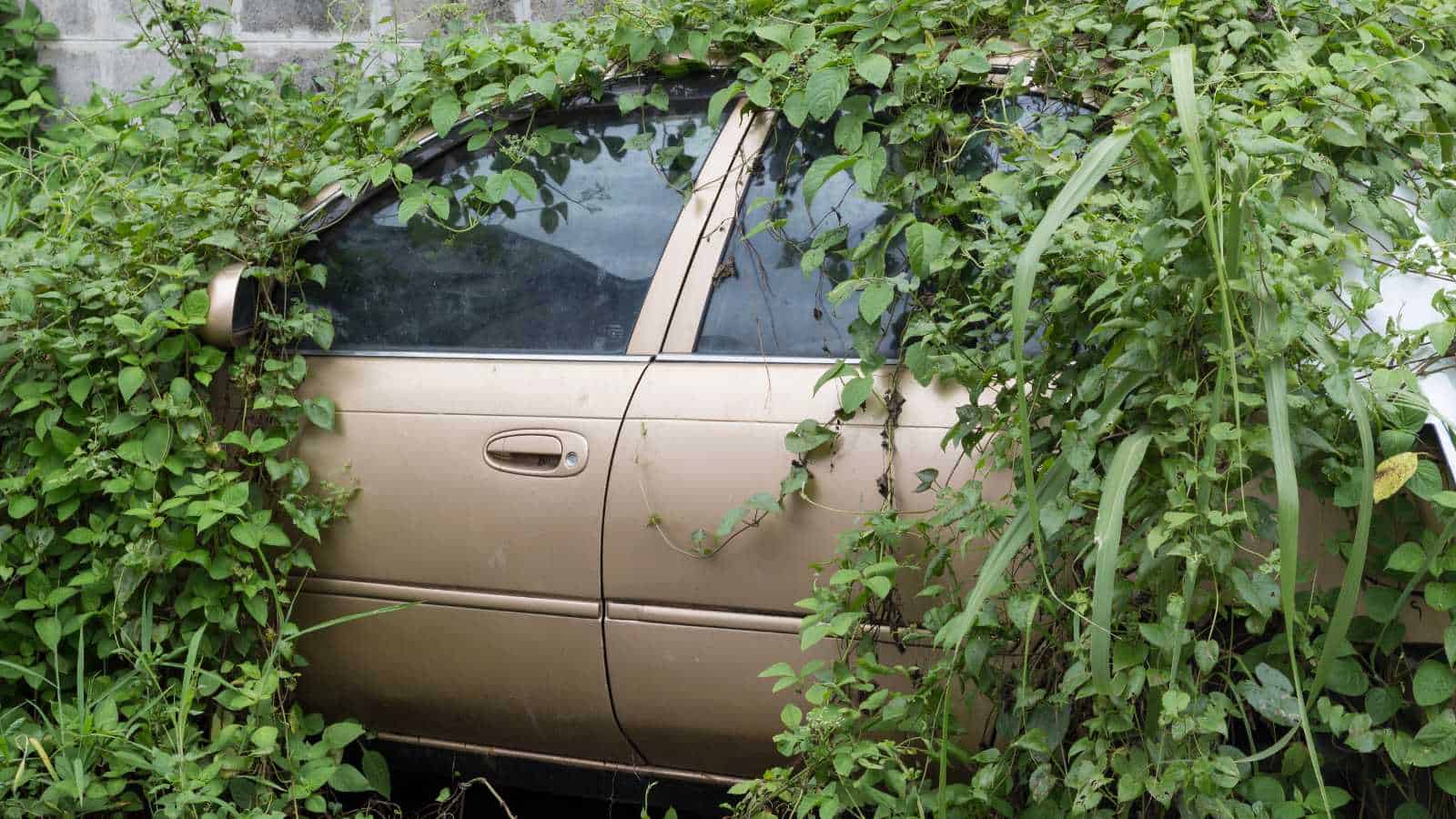
Many communities now limit the long-term storage of unregistered vehicles, RVs, and boats on residential properties. Even if these vehicles are in great condition, keeping them in your driveway or yard may still violate local zoning rules. These restrictions often stem from concerns about neighborhood appearance, safety, and overall property values.
Also, many homeowners’ associations have similar rules, such as requiring large vehicles to be kept out of sight, stored behind fences, or kept in designated areas rather than in open driveways or yards. Following these guidelines can help you avoid fines and stay compliant with community standards.
Outdoor Clotheslines/Drying Yards (HOA Context)
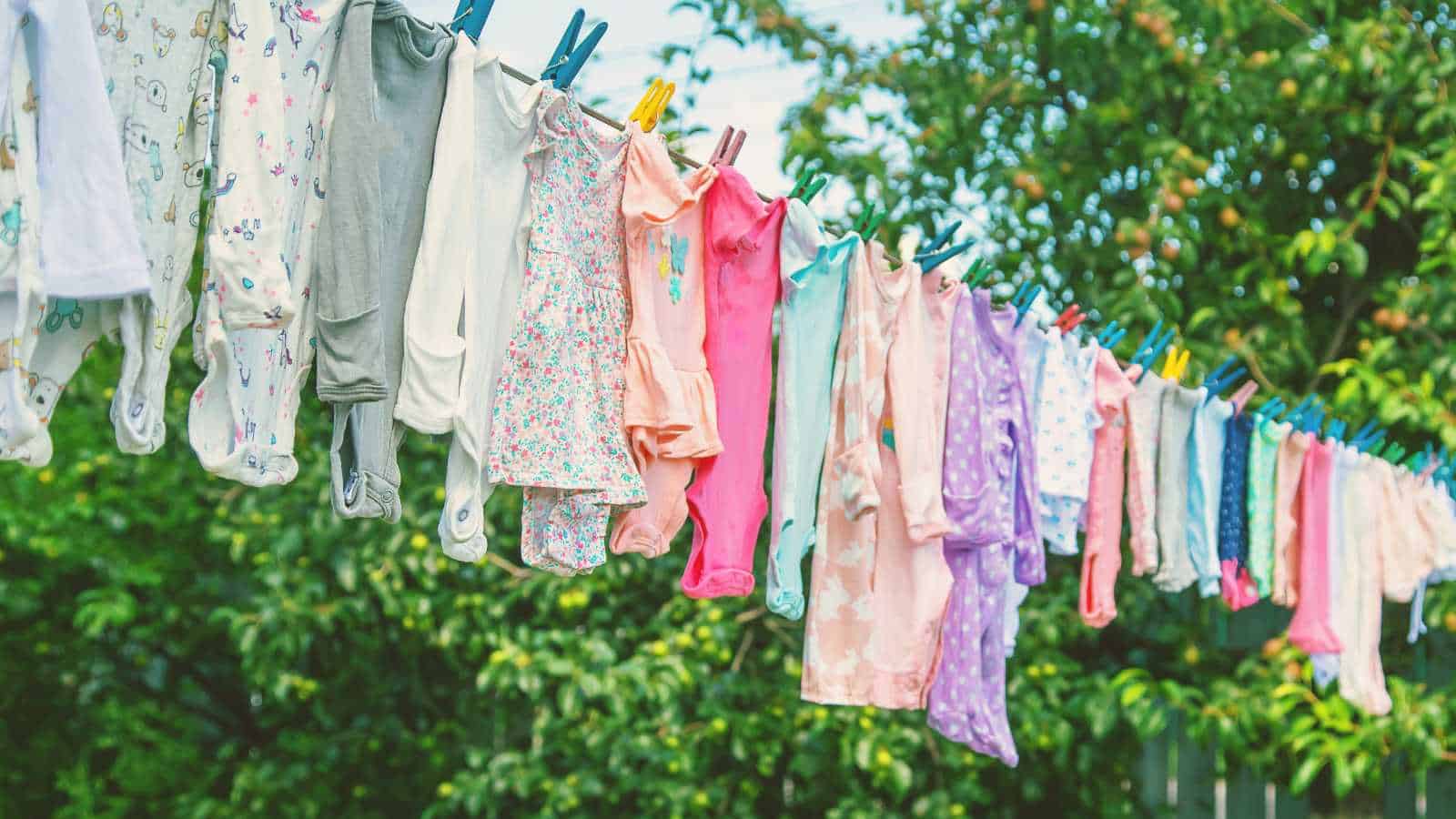
Outdoor clotheslines and drying yards offer an eco-friendly, cost-effective way to dry laundry, but they may be restricted in neighborhoods governed by HOAs. They often view clotheslines as unsightly, potentially lowering property values and disrupting the neighborhood’s aesthetic uniformity.
Additionally, clotheslines may pose safety hazards if improperly installed or placed in high-traffic areas. However, some states and local governments have passed “right to dry” laws, which protect residents’ rights to use outdoor clotheslines. Understanding both local laws and HOA guidelines can help homeowners navigate this issue while promoting sustainable practices.
Operating Loud Gas-Powered Equipment (During Restricted Hours)
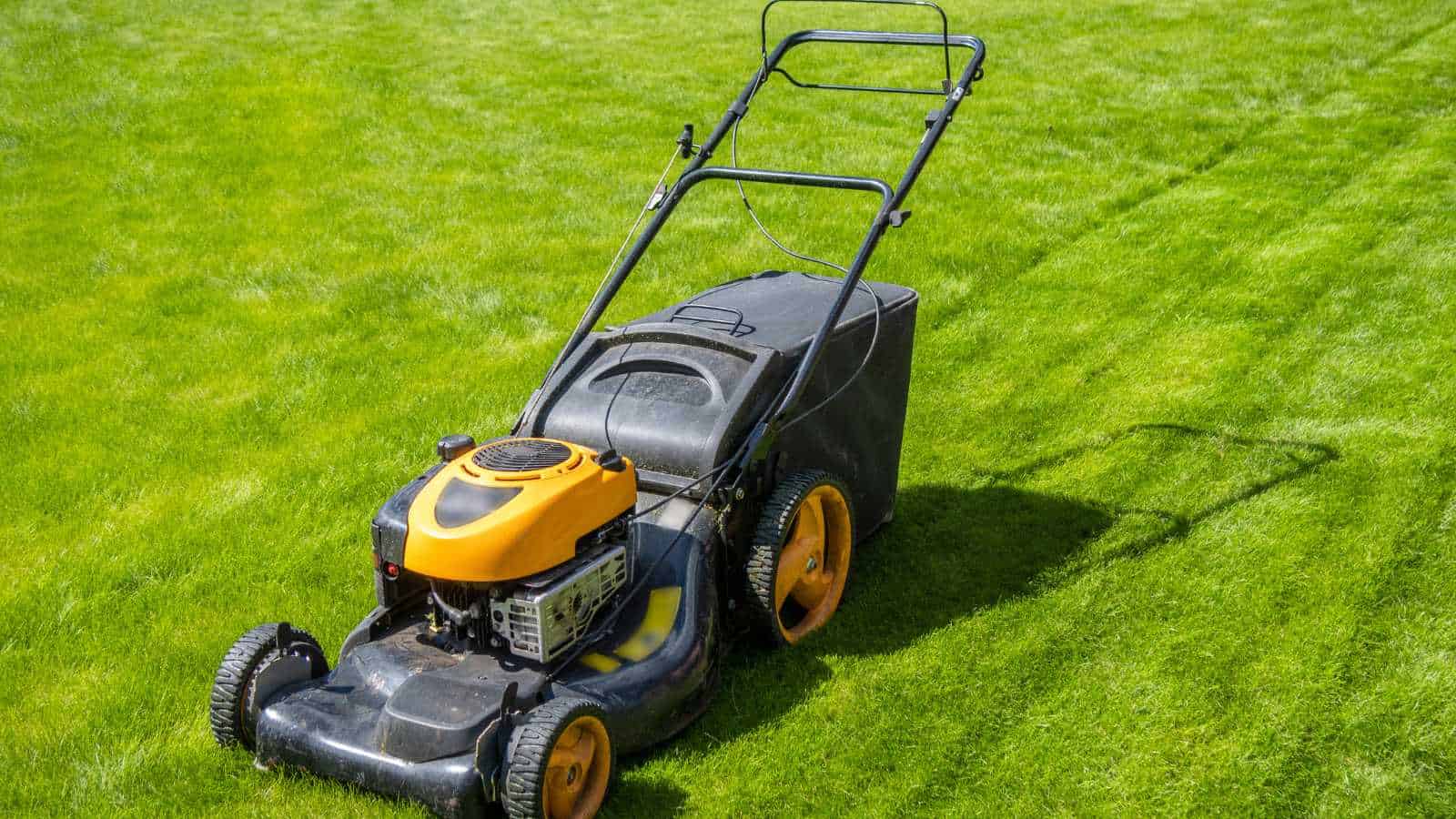
Operating loud gas-powered equipment, such as lawnmowers, leaf blowers, or chainsaws, during restricted hours is a common point of contention in neighborhoods governed by HOAs and local municipalities. These types of equipment, while necessary for yard maintenance, can generate significant noise, disrupting the peace and quiet of residential areas.
Many communities implement noise ordinances to maintain a peaceful living environment. For example, according to the City of Florida, gas-powered lawnmowers and leaf blowers are prohibited before 8 a.m. or after 6 p.m. on weekdays. These rules are put in place to minimize the disturbance caused by loud equipment, ensuring neighbors can enjoy their homes without constant interruptions from engine noise.
Using Certain Pesticides or Fertilizers
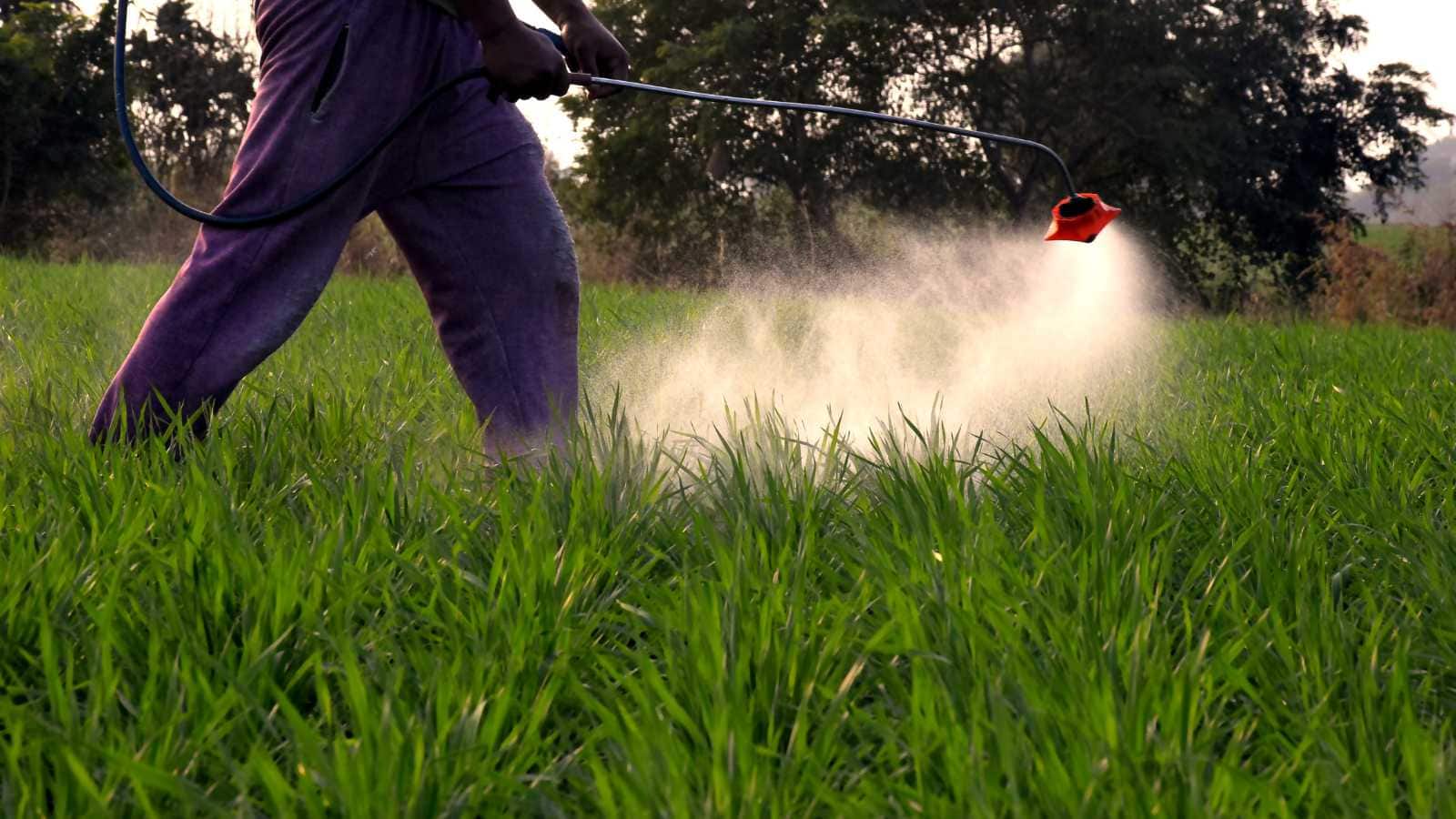
As environmental concerns grow, some communities are restricting the use of certain pesticides and fertilizers in backyards. According to the U.S. Environmental Protection Agency (EPA), some lawn and garden chemicals can contaminate groundwater and harm wildlife. As a result, some municipalities have enacted regulations that ban or limit the use of these substances.
To protect your garden while complying with local regulations, consider using organic or eco-friendly alternatives. There are now many non-toxic, biodegradable pesticides and fertilizers available that help preserve both your plants and the environment.
Excessive Weeds/Grass Height
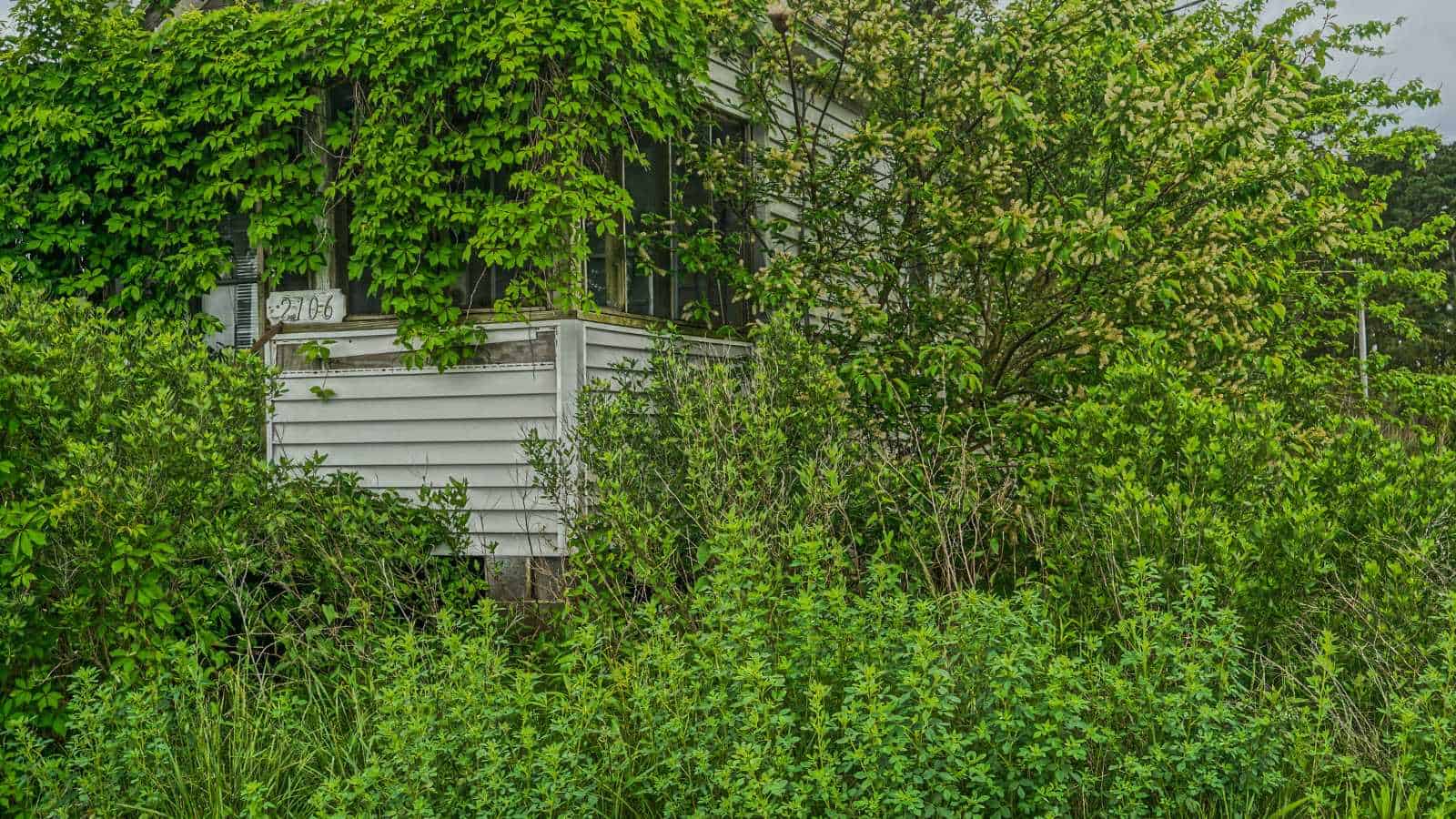
Excessive weeds and overgrown grass are common issues in neighborhoods governed by HOAs and local municipalities, where maintaining a tidy lawn is often required. Failing to manage grass height or control weeds can lead to fines, complaints, and even a decline in property value. Tall grass and weeds are considered violations of neighborhood aesthetics and can attract pests, posing health risks.
Many HOAs enforce rules to ensure lawns are kept free of weeds and at a manageable height, typically capping grass height at 6 to 8 inches to maintain the neighborhood’s appearance and consistency.
Barriers That Obstruct Egress/Fire Access
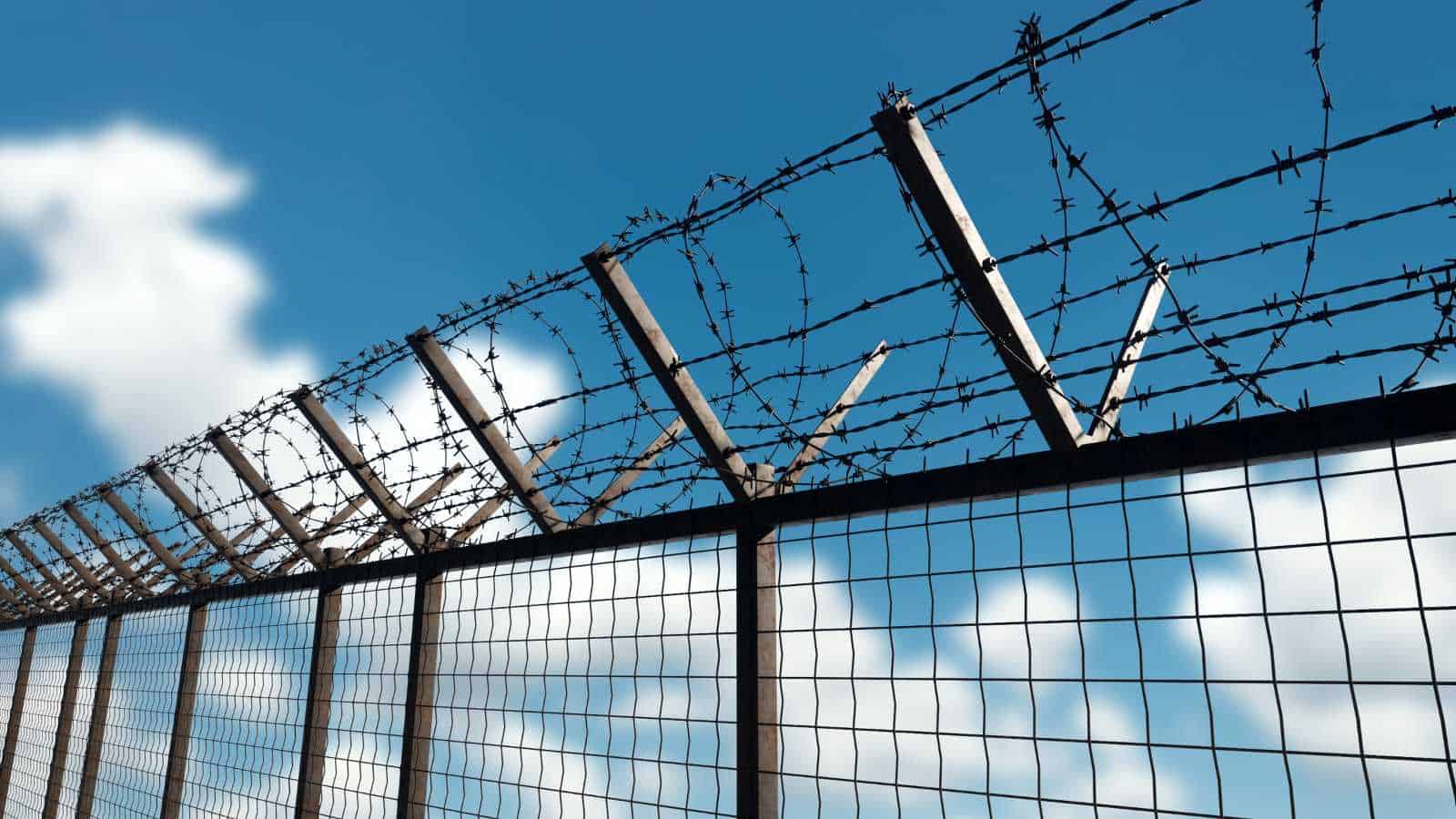
Barriers that obstruct egress or fire access are a significant safety concern and are regulated by local building codes, fire safety laws, and HOAs. Clear, unobstructed pathways are essential for both residents and emergency responders, particularly during a fire.
According to the National Fire Protection Association (NFPA), any obstruction to emergency access, such as fences, gates, sheds, or overgrown vegetation, can delay response times, potentially leading to catastrophic consequences. Maintaining clear access routes helps protect both individuals and the community during emergencies.
Planting Invasive Species or Non-native Plants

Invasive species can wreak havoc on local ecosystems by outcompeting native plants and disrupting local wildlife. As a result, many communities have started restricting or prohibiting the planting of invasive species in residential areas.
For example, plants like English ivy can spread quickly and become difficult to control, potentially damaging your property and your neighbors’ yards. Before planting anything in your garden, ensure the plants you want to grow aren’t considered invasive in your area.
Putting Up Fences Without Permission

Fences are a popular feature in many backyards, but they are often subject to local regulations homeowners must follow. In many communities, homeowners are required to obtain a permit before building a fence. Fencing laws can vary significantly by location, with many areas imposing specific height, design, and placement requirements.
Additionally, fences may need to be built within designated property boundaries, and some areas may have restrictions on materials or colors. It’s important to check local zoning codes and HOA guidelines before constructing a fence to ensure compliance with all regulations.
Key Takeaways

As local regulations regarding backyard use continue to evolve, several important rules should be kept in mind. Many communities have implemented restrictions on fire pits and other burning activities, focusing on reducing fire hazards and improving air quality. Additionally, keeping livestock such as chickens or goats is increasingly prohibited in urban and suburban areas due to concerns about noise, odor, and waste management.
Adding structures such as sheds, pools, or playsets often requires permits to ensure compliance with safety and zoning laws. Furthermore, the planting of invasive species or the keeping of certain animals may be restricted to protect local ecosystems.
Major landscaping projects, including hardscaping features such as patios, fences, or retaining walls, often require approval to ensure compliance with local codes. By staying informed and following the appropriate regulations, you can ensure your backyard projects are both safe and legally compliant.
Disclosure line: This article was developed with the assistance of AI and was subsequently reviewed, revised, and approved by our editorial team.
20 Odd American Traditions That Confuse the Rest of the World

20 Odd American Traditions That Confuse the Rest of the World
It’s no surprise that cultures worldwide have their own unique customs and traditions, but some of America’s most beloved habits can seem downright strange to outsiders.
Many American traditions may seem odd or even bizarre to people from other countries. Here are twenty of the strangest American traditions that confuse the rest of the world.
20 of the Worst American Tourist Attractions, Ranked in Order

20 of the Worst American Tourist Attractions, Ranked in Order
If you’ve found yourself here, it’s likely because you’re on a noble quest for the worst of the worst—the crème de la crème of the most underwhelming and downright disappointing tourist traps America offers. Maybe you’re looking to avoid common pitfalls, or perhaps just a connoisseur of the hilariously bad.
Whatever the reason, here is a list that’s sure to entertain, if not educate. Hold onto the hats and explore the ranking, in sequential order, of the 20 worst American tourist attractions.







